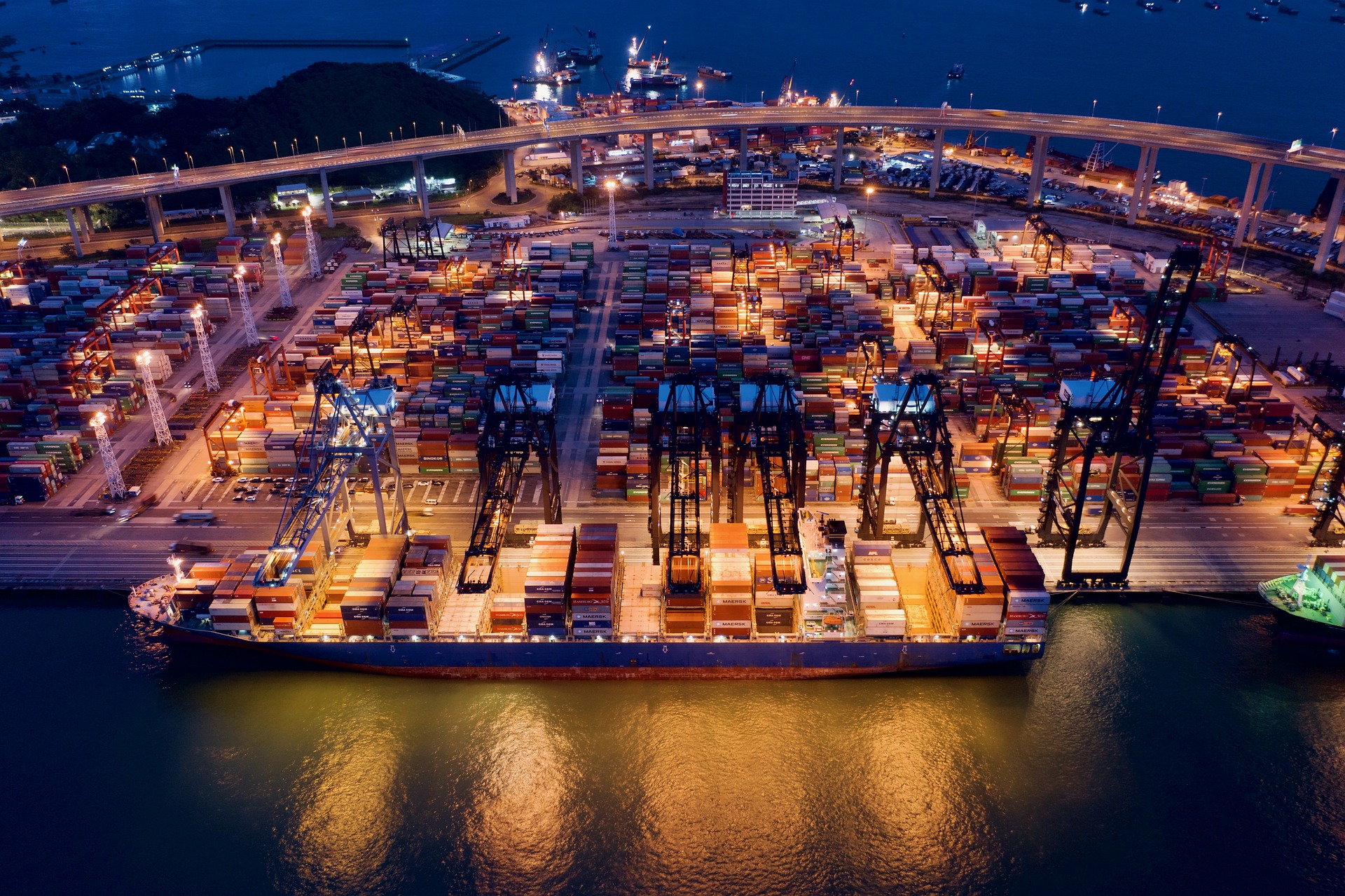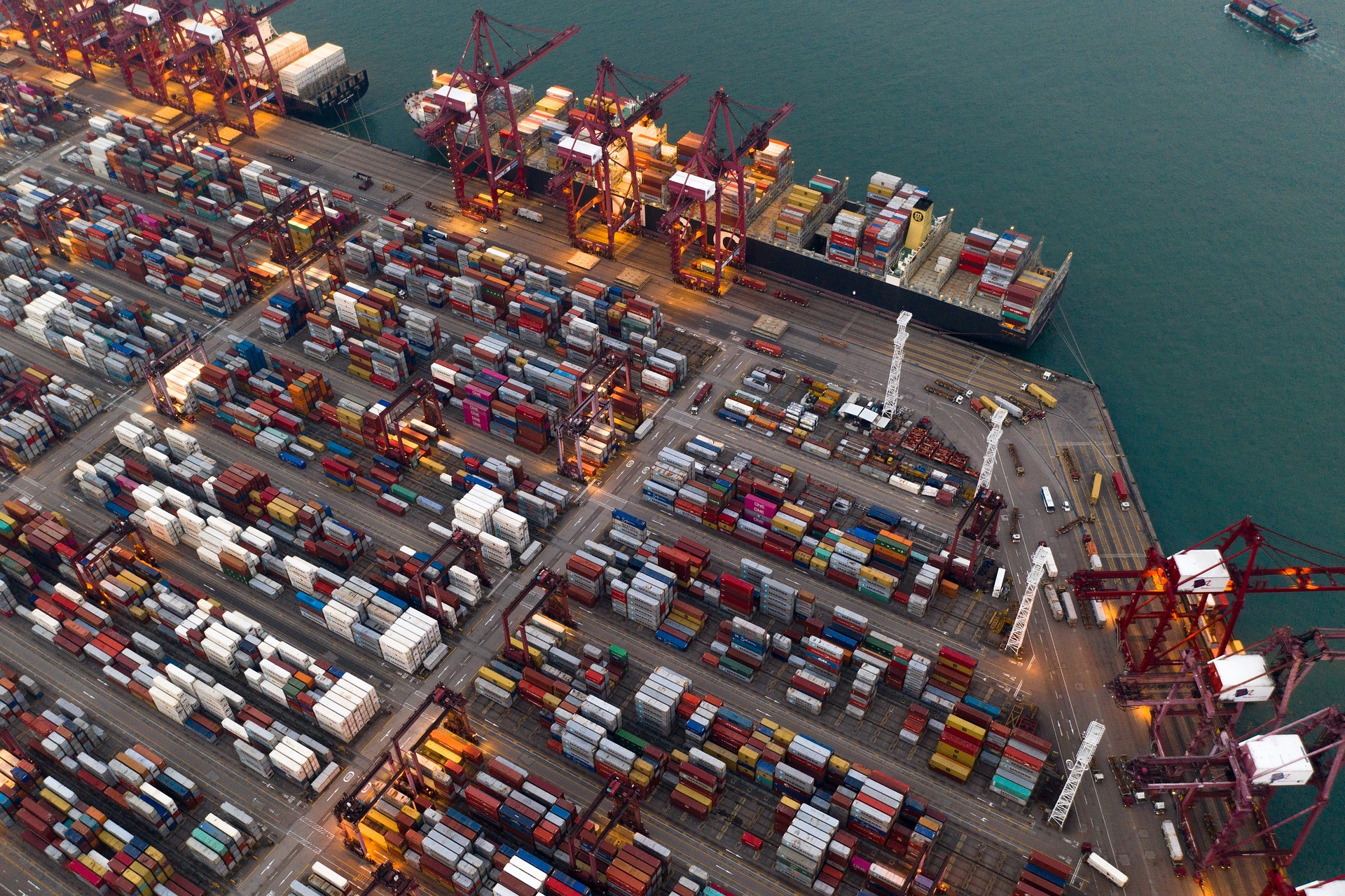

Customs Clearance Tips
1. Always prepare an invoice to go with the shipment. Without an invoice, Customs clearance is very difficult, and causes major delays.
2. Be sure there are no accounting errors on your invoice. Errors in value can result in increased costs to the importer.
3. All goods shipped must have the true value of what they are worth. If you are shipping ”No Charge” goods, show their value on the invoice, but put “No Charge” in the selling price column.
4. Do not under value goods to avoid paying duty and taxes. Customs has ways of verifying values, and this can lead to penalties and seizures.
5. Complete product descriptions and H.S. Classification Codes are critical for classification and duty purposes. Part number and brand names are not adequate to establish proper classification.
6. Be sure the invoice shows correct and complete quantity, value and weight information. This makes it easier to relate the goods to the correct documents.
7. Country of origin of each product must be indicated. Failure to indicate this can result in increased duty and/or seizure.
8. If your products require import / export permits, arrange for them in advance to avoid delays at Customs.
9. To ensure the lowest rate of duty on your products, be sure to include any Country of Origin Free Trade Certificate forms that will apply. Refunds of duty after the fact will cost you money.
10. If you are sending food, livestock, drugs, etc, inquire before shipping about special certificates. Shipments of this nature can be delayed pending release by other Government agencies administered by Revenue Canada.

